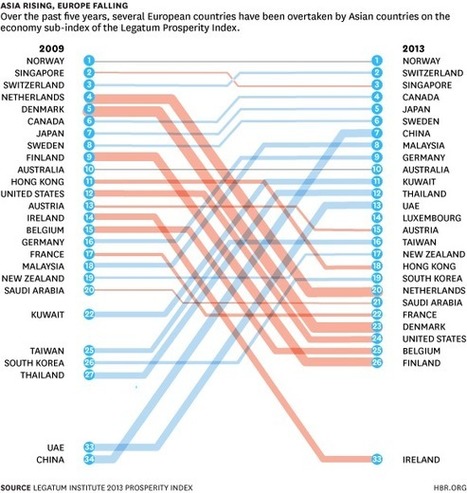In an act of wishful thinking, Phillip's "Austerity Ecology" glosses over the Jevons Paradox or rebound effect, whereby increases in technologically-induced efficiency often actually result in increased use of resources. Further, the idea that peasant populations leave rural areas only due to the pull of a wonderful urban existence is an insult to many millions…
Research and publish the best content.
Get Started for FREE
Sign up with Facebook Sign up with X
I don't have a Facebook or a X account
Already have an account: Login
on peer-to-peer dynamics in politics, the economy and organizations
Curated by
jean lievens
 Your new post is loading... Your new post is loading...
|
|














